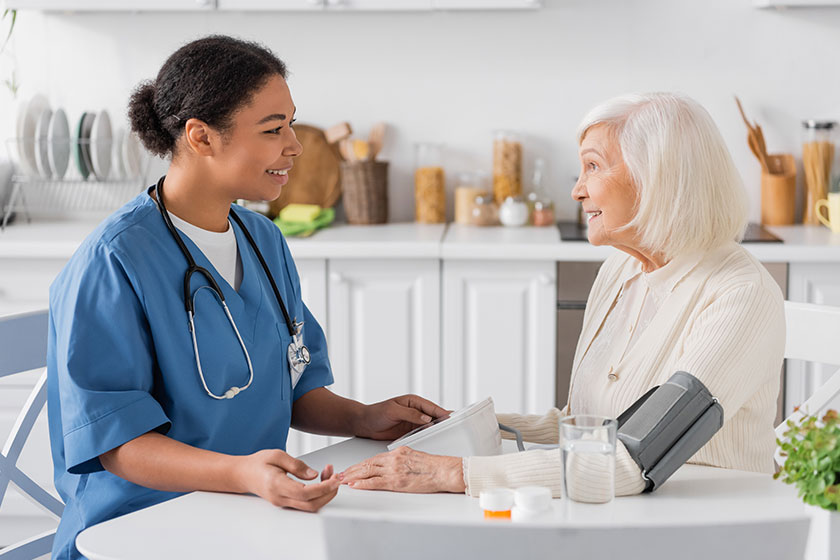The Personal Care Assistants (PCAs) in providing compassionate support for individuals in need is ultimately important. These dedicated professionals provide personalized care to those facing challenges in their daily lives. In this exploration, we explain the diverse and compassionate world of PCAs, shedding light on their essential contributions to fostering independence, dignity and overall well-being for those they serve.
Assisting with Daily Activities
Personal care assistants are instrumental in aiding individuals with various daily activities, known as ADLs (activities of daily living). These activities, such as bathing, dressing, grooming and toileting, can pose challenges for individuals due to factors like age, illness or disability. Understanding the potential difficulties involved, personal care assistants provide crucial support to ensure these tasks are completed with care and consideration, contributing significantly to the well-being and comfort of those they assist.
Medication Management
Ensuring that medications are taken correctly and on time is vital for maintaining health and well-being. Personal care assistants are trained to assist with medication management, including reminding residents to take their medications as prescribed and helping them with the administration if necessary. They prioritize medication safety and adherence, providing peace of mind for both residents and their families.
Emotional Support and Companionship
In addition to physical assistance, personal care assistants also offer emotional support and companionship to residents. They understand the importance of social interaction and meaningful connections in promoting overall well-being. Whether it’s engaging in conversation, participating in activities together or simply providing a listening ear, they are dedicated to fostering a warm and supportive environment where residents feel valued and cared for.
Mobility Assistance
For individuals with mobility limitations, personal care assistants provide essential assistance to help them move around safely and comfortably. This may include transferring between bed and chair, walking assistance or using mobility aids such as walkers or wheelchairs. Personal care assistants prioritize resident safety and independence, offering personalized support to meet individual mobility needs while promoting physical activity and engagement.
Nutrition and Meal Support
Proper nutrition is key to maintaining health and vitality, especially for older adults or those with medical conditions. Personal care assistants help ensure that residents receive nutritious meals and adequate hydration by assisting with meal preparation, feeding assistance if needed and encouraging healthy eating habits. They offer chef-prepared meals and dining experiences that cater to individual dietary preferences and needs, ensuring that residents enjoy delicious and nourishing meals every day.
Coordination of Care
Personal care assistants also play a crucial role in coordinating care services and communicating with other healthcare professionals involved in a resident’s care. This may include scheduling medical appointments, communicating changes in health status and advocating for the resident’s needs. They work closely with residents, families and healthcare providers to ensure a holistic and coordinated approach to care, promoting continuity and quality of care for their residents.
Personal care assistants play a vital role in providing compassionate support and assistance to individuals who need help with daily activities and tasks. At our retirement community, our dedicated team of personal care assistants is committed to promoting independence, dignity and well-being for our residents. From assisting with personal care routines to offering emotional support and companionship, we strive to create a warm and supportive environment where residents feel valued and cared for. If you or your loved one could benefit from personalized care and support, we invite you to learn more about our community.







